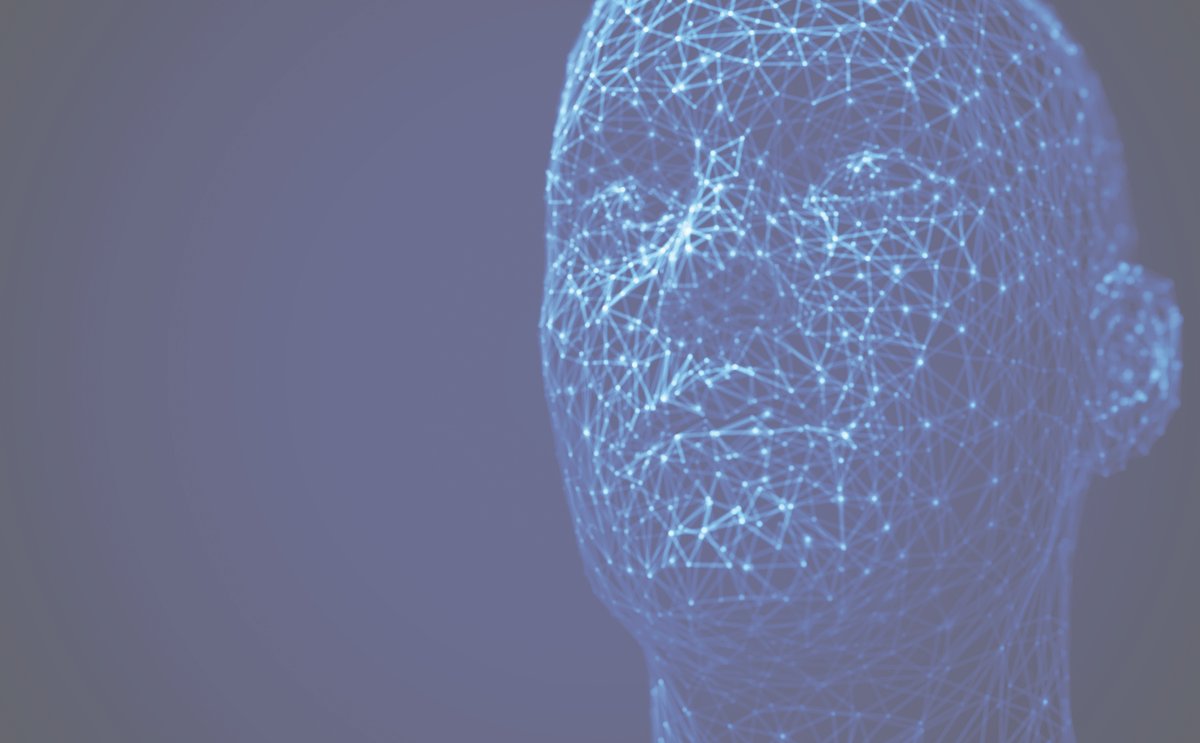The European Union is taking a bold step in its fight against online disinformation, particularly deepfakes, by turning to the very platforms often accused of its spread – Big Tech. Facing the upcoming European Parliament elections in May 2024, the EU is proposing to require platforms like Facebook, TikTok, and Twitter to actively identify and label AI-generated content. This move aims to mitigate the potential manipulation of public opinion through deepfakes, where video or audio is altered using artificial intelligence to make it appear real.
Key Highlights:
- EU proposes requiring platforms like Facebook, TikTok, and Twitter to identify and label AI-generated content to counter deepfakes during elections.
- Concerns remain about Big Tech’s ability and potential bias in moderating content effectively.
- Independent oversight, transparency, and user education are emphasized for a balanced approach.

While the intention is laudable, the decision raises concerns about the power and influence granted to these tech giants. Critics argue that Big Tech companies have a history of inconsistent and opaque content moderation practices, often accused of bias and censorship. Placing the responsibility for identifying and labeling deepfakes solely on their shoulders raises questions about accountability and potential manipulation for self-serving purposes.
Industry Response:
While some tech giants like Meta have expressed willingness to cooperate, others, like TikTok, haven’t commented officially. Concerns exist about the financial and technical burden of implementing detection technologies, particularly for smaller platforms.
Independent Fact-Checkers:
The proposal emphasizes collaborating with independent fact-checkers for verification and content labeling. This raises questions about their capacity and potential biases, highlighting the need for diverse representation and clear ethical guidelines.
Balancing Act: Transparency, Independence, and User Education
Acknowledging these concerns, the EU proposal emphasizes the need for transparency, independent oversight, and user education to ensure a balanced approach. The legislation outlines clear guidelines for platforms to follow, including:
- Developing and deploying effective technologies for identifying deepfakes.
- Transparency in algorithms and moderation practices.
- Establishing independent oversight bodies to monitor platform activities.
- Investing in user education campaigns to raise awareness about deepfakes and critical thinking skills.
Challenges and the Road Ahead
Despite the safeguards, implementing these measures poses significant challenges. Developing reliable deepfake detection technology is an ongoing struggle, and independent oversight requires careful design and implementation to avoid creating another layer of bureaucracy. Additionally, user education efforts need to be effective and culturally sensitive to resonate with diverse audiences.
The success of this initiative will depend on navigating these challenges effectively. Striking a balance between tackling disinformation and protecting freedom of expression remains a crucial objective. Additionally, ensuring a level playing field across all platforms and languages within the diverse EU landscape is paramount.
The EU’s move to enlist Big Tech in the fight against deepfakes highlights the complex battle against online disinformation. While concerns about potential misuse of power and lack of transparency are valid, the initiative could prove valuable if implemented with robust safeguards and a holistic approach that emphasizes independent oversight, user education, and responsible platform behavior. The upcoming months will be crucial in shaping the specifics of this proposal and determining its potential effectiveness in safeguarding European elections from the perils of deepfakes.


















